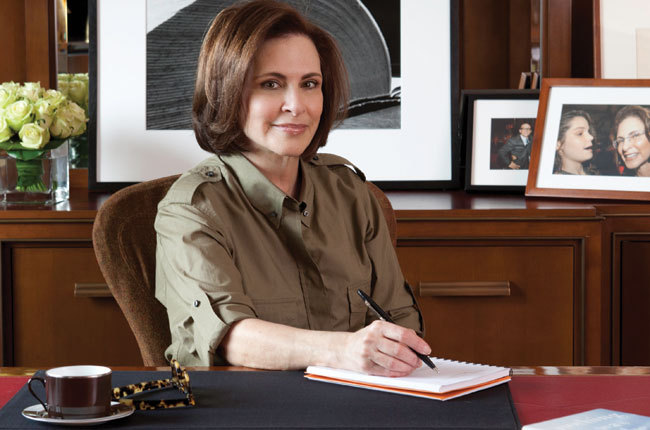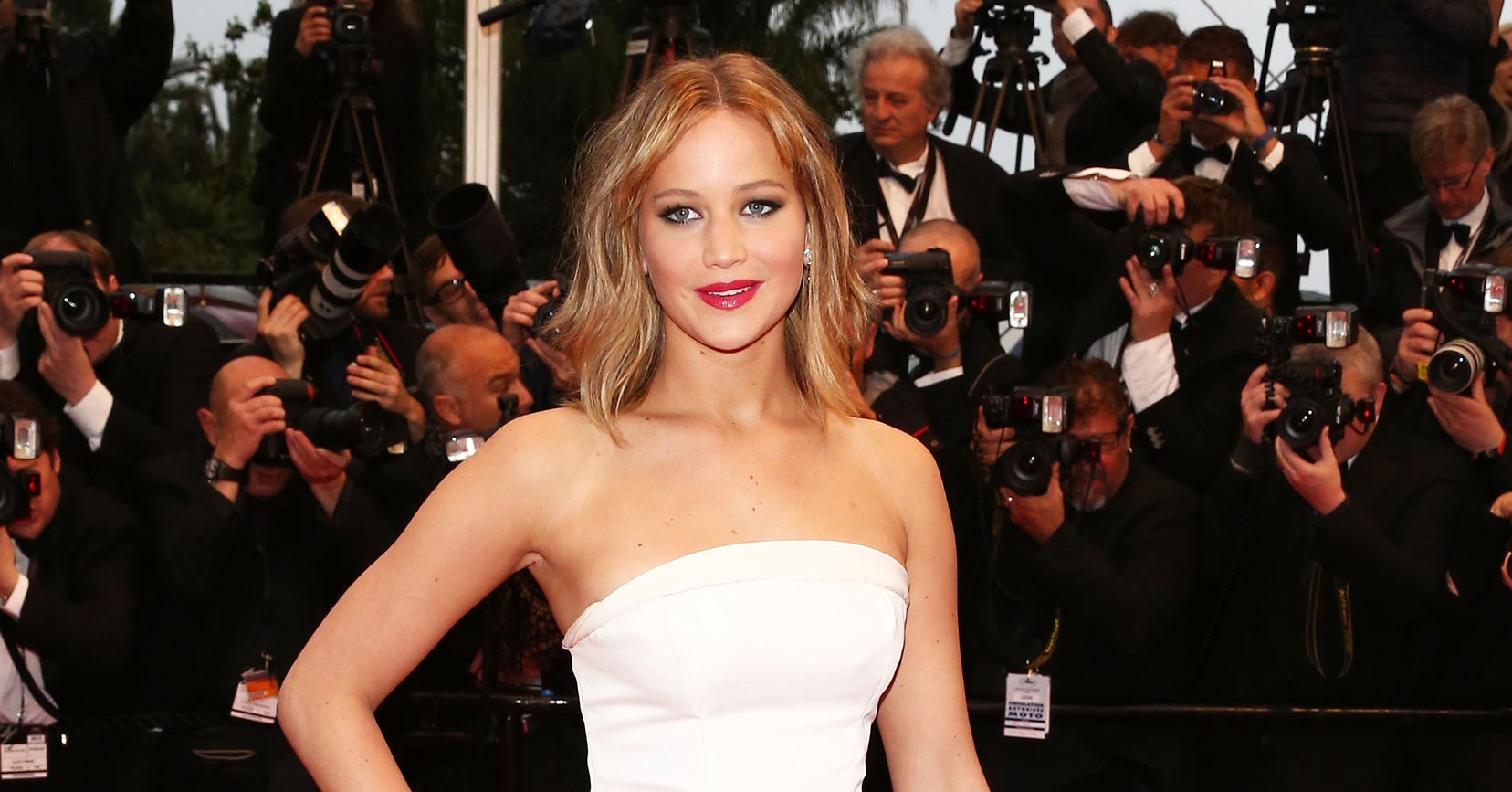by Peggy Drexler
The latest nude celebrity photo leak is yet another case of how the Internet often lets people do whatever they want to whomever they want.
On Sunday, a user of anonymous Internet message board 4chan posted hundreds of nude photos of some of Hollywood’s biggest celebrities, including actress Jennifer Lawrence and model Kate Upton. The poster claimed photos of Victoria Justice and Ariana Grande were included, but the singer/actresses deny that the photos are real.
Representatives and the women themselves have begun issuing their denials (in the case of Justice and Grande) and confirmations (in the case of Lawrence and Upton). A representative for Lawrence confirmed in an email to Buzzfeed that the images were stolen from the actress’ iCloud account.
“This is a flagrant violation of privacy,” the representative said. “The authorities have been contacted and will prosecute anyone who posts the stolen photos of Jennifer Lawrence.”
Of course, what happened here is more than a violation of privacy; it’s flat-out criminal invasion. Prosecution, however, may be something of a long shot. Although a Florida man responsible for breaking into the private email accounts of more than 50 celebs and posting many explicit photos online is serving 10 years in prison, the law is only just beginning to catch up to the problem of what is broadly referred to as “revenge porn,” or the unauthorized posting of explicit content without the consent of the individual.
Most websites that host these photos are protected by a federal law that absolves them of responsibility for material posted by third parties. It’s legal in most of the United States, and only a few states — about 12 — have laws that make posting on such sites a crime … if you can even find out who the poster is.
Peggy Drexler
Prosecuting depends on first determining who uploaded the photo and where the photo originated. A California law, for example, did not, until just last week, protect victims who took the photos themselves.
These unclear, largely ineffectual laws have in turn encouraged a culture of victim-blaming, which we’re seeing here in full force. Consider that the biggest headlines haven’t been along the lines of “How can someone can do this and get away with it?” but a debate over who bears greater blame: Apple’s iCloud or the women themselves.
Certainly, the surest way to avoid ever having your most private photos shared publicly is to not take them in the first place. This is the philosophy behind the most common advice given to teens, among whom the rates of “sexting” continue to rise. Trust no one. Share nothing. Even better: Take nothing.
While we’re at it: Don’t leave the house. After all, you could get mugged, or raped. You’d better not fly on a jet, either, what with all the terrorism and overworked pilots. Swim in the ocean? No way: sharks!
It’s ridiculous logic.
And yet much of the reaction to the celebrity leak has fallen prey to such logic, questioning why these celebrities would take such risqué—and risky—photos in the first place. For this reason, taking nude photos is most definitely a right to fight for, if only because ceasing to do so is a form of victim blaming, and far more harmful than protective.
The blame for a crime lies not with the victim but with the criminal. Jennifer Lawrence was not naïve, or tacky, or any number of criticisms that have been and surely will be lobbed at her, for posing for provocative photos. She was a normal young woman. And I suspect that we’re more shocked by the fact that Lawrence had a glass of wine and posed naked for a boyfriend than the fact the image is now ours to see. We’ve become accustomed to knowing everything about everyone.
The message, of course, isn’t that it’s heinous to so publicly and maliciously invade someone’s privacy but that these women brought their misfortune on themselves. After all, it wouldn’t have happened to them if they didn’t take the photos.
But the first step to protecting our privacy both online and off isn’t to demand that Apple make a stronger iCloud or to start stripping our storage spaces of anything private. Nor is it to insist that women stop taking nude photos of themselves or, for that matter, stop engaging in any activity they wouldn’t want to be made public. Instead, it’s to take these crimes seriously and hold their executors accountable. The problem isn’t the picture. It’s the perpetrator.

Peggy Drexler is the author of “Our Fathers, Ourselves: Daughters, Fathers and the Changing American Family” and “Raising Boys Without Men.” She is an assistant professor of psychology at Weill Cornell Medical College of Cornell University and a former gender scholar at Stanford University. Join her on Facebook and follow her on Twitter @drpeggydrexler.
Opinions expressed in this article are solely those of the author.







